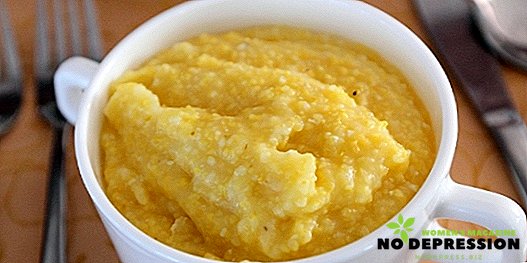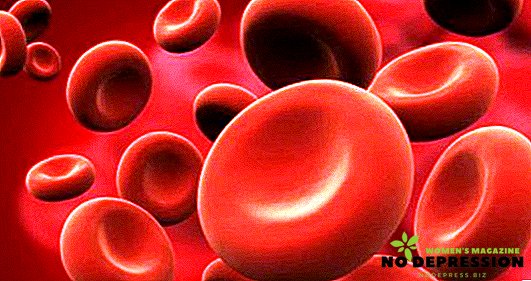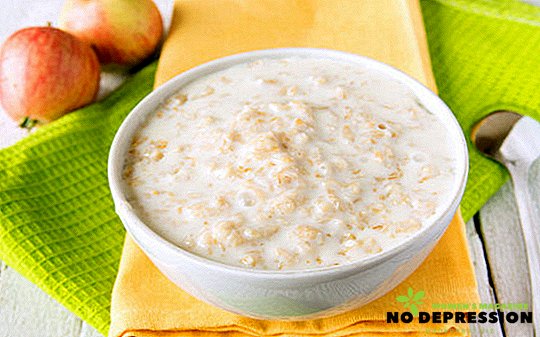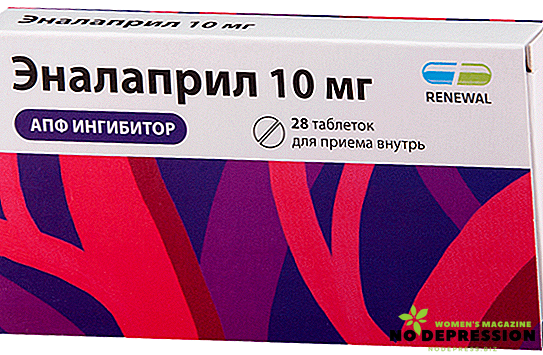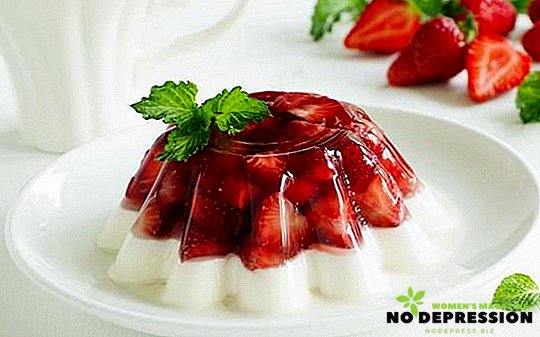Sinusitis is an inflammatory ENT disease of the sinuses. Treatment of sinusitis in children and adults can be made both medically and surgically. If the disease is not brought to the occurrence of the neglected form, then it can be treated with nasal drops.
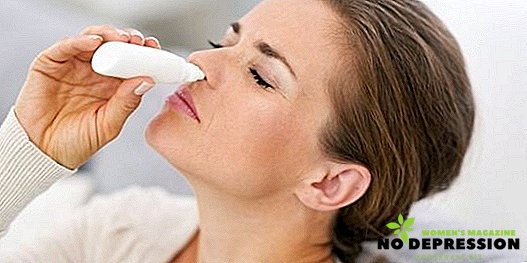
Features of the fight against sinusitis
Inflammation of the maxillary sinuses is characterized by swelling of the mucous tissue of the accessory maxillary sinus in the upper jaw. It occurs due to the lack of timely elimination of the common cold with acute respiratory infections or acute respiratory viral infections, the development of their complications. There is an accumulation of mucus inside the sinuses, it is transformed into pus due to exposure to pathogenic microorganisms.
Causes may also be allergic reactions, flu, sore throat. There is also a physiological reason - the curvature of the nasal septum, the treatment is performed surgically.
The main symptom of the disease of sinusitis is pain in the nose, headache, characteristic also for migraine. The specialist makes an accurate diagnosis, based on such signs: increased pain when bending forward, no nausea, characteristic of migraine.

There are also copious secretions of nasal mucus, becoming greenish in the case of pus. Sometimes there is no outflow of mucus, runny nose does not manifest. There are painful sensations in the orbital area, forehead, upper jaw, phantom toothaches.
The face becomes hypersensitive. There is an increased body temperature up to 38 degrees, which decreases slightly with the chronic form of the disease. Treatment can be carried out in several ways:
- without puncture;
- with puncture;
- medicines.
Children's sinusitis doctor seeks to cure the least traumatic way. To avoid puncture, puncture of the sinuses, the nasal cavity is washed.
This allows you to safely remove accumulations of pus, increase the generation of mucus to enhance the protective properties of the mucous membranes.
The most effective drug against the disease are nasal drops. Although sprays are becoming more and more popular, drops still remain one of the most common ways of dealing with antritis.
The main drugs aimed at combating sinusitis are the following medications:
- antibiotics (Amoxicillin), as well as inhaled forms of antibacterial drugs;
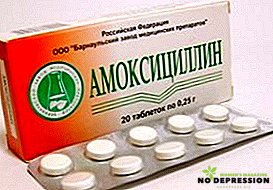
- mucolytics (Guafenizin), which reduce the formation of mucus;
- analgesics against pain (Ibuprofen, Aspirin, Apetaminophen), which are recommended for adults, after 20 years;
- corticosteroids (Prednisolone, Beclamethasone, Dipropionate), relieve inflammation;
- preparations to eliminate mucosal edema (pseudoephedrine hydrochloride).
The use of antibiotics is meaningless with a viral infection. The drug should be assigned according to the type of infection.
It requires medical supervision to prevent the occurrence of side effects. A more rapid therapeutic effect has an inhalation form of antibiotics, acting directly on the nasal mucosa.
The development of purulent inflammation, the accumulation of blood in the maxillary sinus, serves as an indication for puncture in adults and children. If the method of washing does not have the desired effect, the surgical method can solve the problem in a short time.
Drops against antritis
Drops from sinusitis - it is a medicine used against inflammatory and allergic phenomena in the respiratory tract, accelerating the healing process. They are appointed with a weakened immunity, intolerance to drug therapy.
They can be used separately, as well as in combination with other drugs. Nasal drops are considered the most effective form of the fight against sinusitis. Shake well before digging to stir the precipitate.

There are several types of drugs:
- vasoconstrictor;
- antihistamines;
- with an antibiotic;
- complex;
- oil;
- with chronic type of sinusitis.
Drops, narrowing vessels
 The mucous membrane is saturated with blood vessels, the expansion of which due to the inflammatory process causes the appearance of edema. Vasoconstriction reduces mucus formation, eliminates swelling, makes breathing free.
The mucous membrane is saturated with blood vessels, the expansion of which due to the inflammatory process causes the appearance of edema. Vasoconstriction reduces mucus formation, eliminates swelling, makes breathing free.
Used vasoconstrictor drops in the nose with sinus: Isofra, Sinuforte, Rinofluimucil, Naphthyzinum, Sanorin, Nazivin.
To receive these drugs you need a doctor's prescription. Duration of use is not more than 7 days in order to avoid mucosal atrophy.
This is due to the addiction of the organism, the drying of the nasal mucosa. They also have contraindications: high blood pressure, atherosclerosis, diabetes, hyperthyroidism, hypersensitivity to the ingredients of the drug.
Antihistamine drops
Sometimes the cause of the inflammation is an allergic reaction. For leveling its symptoms, relieve inflammation, edema, antihistamine medicines for sinusitis are used: Fenistil, Zyrtec, Cromohexal, Levocabastin.
Antibiotic Drops
To eliminate the colonies of pathogenic microflora, which is the causative agent of sinusitis, there are effective nose drops with an antibiotic. The most common drugs for sinus, produced in the form of a spray: Bioparox, Isofra, Polidex.
Self-administration of this type of drops causes complications, so the appointment should be carried out by a doctor.
Combined type of drops
A complex type of nasal drops, consisting of two or more ingredients, is prepared at home or at a pharmacy. Due to the interaction of the ingredients of the composition, it is possible to treat not only sinusitis, but also runny nose, eye and ear diseases. The formulation of the combined drops includes various drugs:
- substances for vasoconstriction;
- antibiotics, antiseptics;
- antihistamines;
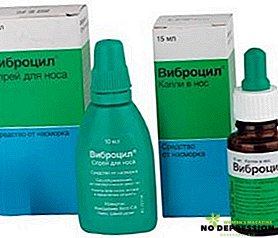
- glucocorticosteroids.
Complicated drops can provoke side effects due to the lack of clinical trials. The result can be obtained quite quickly, but the duration of their impact is not always stable. Such means are considered popular:
- Vibrocil containing the antihistamine ingredient Dimetinden, a vasoconstrictor phenylephrine;
- Rinofluimucil, in its composition mucolytic acelitcysteine, a vasoconstrictive tuaminoheptan.
Oil drops
This type of medicine is suitable for the acute and chronic forms of the disease. They do not provoke the dependence of the organism, exclude dryness of the nasal mucosa.
Sinoforte, Sunipret oil preparations are in demand. Similar drugs can be created at home, according to popular recipes.
Folk recipes drops
Instilling a nose with an onion-potato cocktail with honey perfectly helps against sinusitis. The juice of vegetables in equal proportions mixed with honey in the same quantity. The tool can be stored in the refrigerator.
 Rosehip oil, thuja, black cumin, sea buckthorn heals and softens the nasal mucosa. It is recommended to dig in means up to 5 times a day. It is indicated for the treatment of children's sinusitis (from 2 years), as well as an adult.
Rosehip oil, thuja, black cumin, sea buckthorn heals and softens the nasal mucosa. It is recommended to dig in means up to 5 times a day. It is indicated for the treatment of children's sinusitis (from 2 years), as well as an adult.
Honey drops. It is necessary to make a mixture of honey and aloe juice in equal proportions, to which add 4 grams of chopped herbs celandine.
Use 3 drops for each nostril, if the sinusitis is bilateral, 5 times a day. All recipes with honey should be applied in the absence of allergy to bee derivatives.
Bay, finely chopped, sheet (30 grams) is filled with vegetable oil (100 grams). After infusing for 5 days, the remedy can be used by instilling 2-3 drops in the morning and evening.
Rules for the instillation of drops and the best tools
It is recommended to make instillation into a clean nasal cavity washed with saline. There is a simple way to use nasal drops.
 Kneeling and pulling the head towards them, you can easily put the drug in the nasal sinuses. There is another way - from a prone position, tilt your head back and turn your head in the direction of the nostril being treated.
Kneeling and pulling the head towards them, you can easily put the drug in the nasal sinuses. There is another way - from a prone position, tilt your head back and turn your head in the direction of the nostril being treated.
What nose drops are better for sinus? According to the recommendations of specialists, the most effective are vasoconstrictor nasal drops, such as Nazol, Nazivin, Afrin. For cleansing the nasal passages - Rinofluimucil, Sinuforte.
Drops containing antibiotics - Polydex, Isofra. Antiseptic preparations: Sialor, Miramistin. Drops with anti-allergic properties: Zyrtec, Fenistil.
Drops produce a quick and effective action, help with various causes of disease. Despite the ease of use of drops from sinusitis is required to choose the right drug. With such a serious disease, specialist consultation is necessary.
Additional information about the drops used in sinus, is in the following video.




